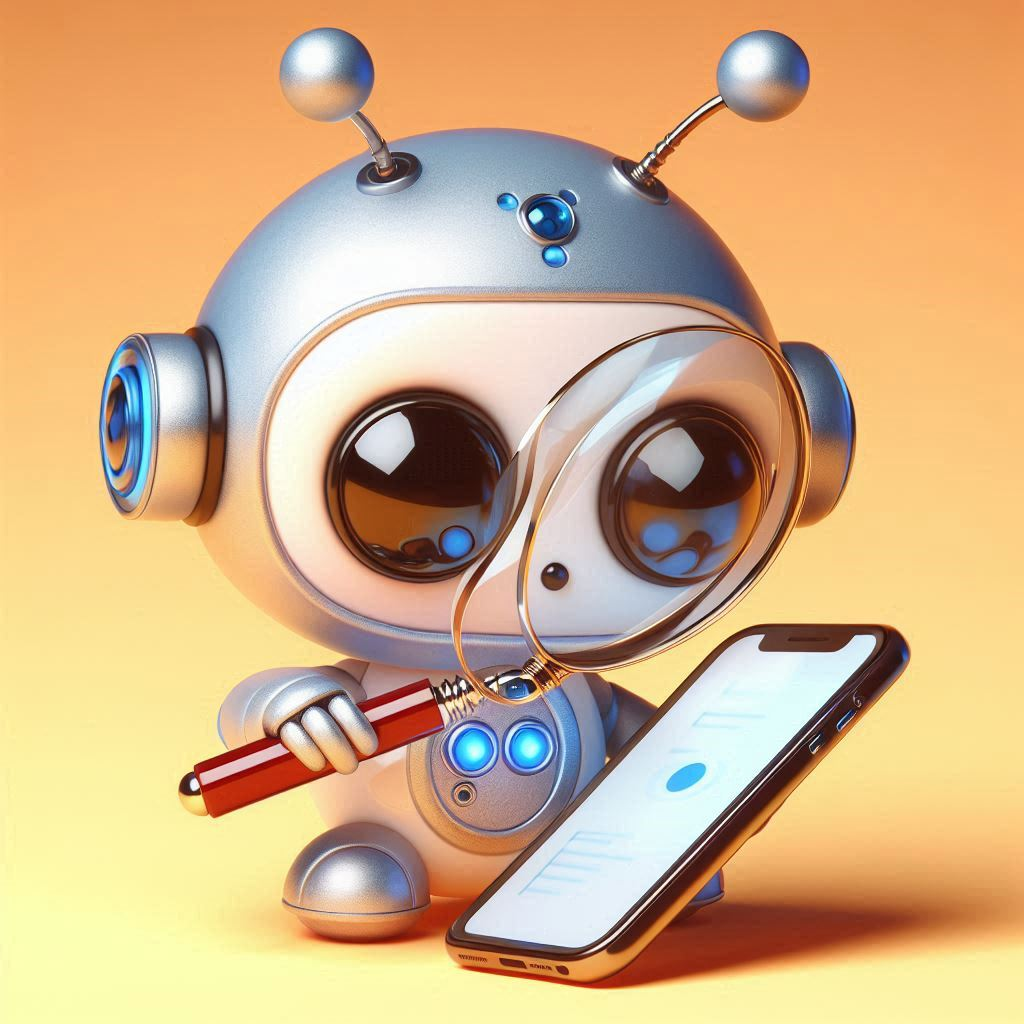OpenAI Free Version Accessibility Announced
In recent news, OpenAI made a significant announcement regarding its ChatGPT service, which has been making waves since its launch in November 2022. The company revealed that users in select regions can now access ChatGPT without the need to create an account, marking a departure from the previous requirement. This move aims to provide a more accessible experience for users who may have been hesitant to sign up. However, it’s important to note that this version of ChatGPT still operates on the GPT-3.5 model, known for its limitations compared to the advanced GPT-4 Turbo available in paid versions of the service.

The decision to open up ChatGPT to everyone reflects OpenAI’s commitment to democratising AI tools and making them widely available. By removing barriers to entry, the company hopes to introduce more people to the potential benefits of AI technology. Whether users are seeking quick answers to their questions or exploring creative inspiration, ChatGPT offers a convenient platform for engaging with AI.
One of the key motivations behind offering ChatGPT without sign-in requirements is to cater to a broader audience and potentially attract new customers. By providing a seamless onboarding experience, OpenAI aims to showcase the capabilities of its AI assistant and encourage users to explore the full range of services available, including the option to upgrade to premium versions with additional features.
However, the decision to eliminate the need for account creation also raises concerns about content safeguards and abuse prevention. OpenAI acknowledges the importance of implementing measures to ensure the safety and integrity of the platform, particularly with regards to preventing the spread of harmful or inappropriate content. Additional safeguards are being introduced to address these concerns and uphold the standards of responsible AI usage.
Despite the efforts to make ChatGPT more accessible, there are lingering questions about the reliability and accuracy of AI-generated content. The GPT-3.5 model, while impressive in its capabilities, is still prone to inaccuracies and misinformation. As highlighted by experts, reliance on AI models like ChatGPT for factual information can lead to unintended consequences, including the dissemination of false information and potential reputational damage.
The phenomenon of AI-generated content, often referred to as “confabulation,” poses significant challenges in ensuring the trustworthiness of AI assistants like ChatGPT. Instances of ChatGPT generating false information have been documented, raising concerns about the reliability of AI-generated content for factual purposes. While efforts are underway to improve the accuracy of AI models through techniques like reinforcement learning and data augmentation, the issue remains a persistent challenge.
In the rapidly evolving landscape of AI technology, competition among companies like OpenAI and Google continues to drive innovation and advancements in AI language models. Google’s recent announcement of Gemini Ultra 1.0 followed by Gemini Pro 1.5 exemplifies the intense competition in the field of natural language processing. These developments underscore the relentless pursuit of AI supremacy and the quest for ever-improving language models.
Gemini Pro 1.5 represents a significant milestone in Google’s AI research, boasting enhanced capabilities in long-context understanding and complex reasoning. The model’s ability to process large volumes of text and analyse extensive documents demonstrates the potential for AI to handle complex tasks and provide valuable insights. However, challenges remain in ensuring the accuracy and reliability of AI-generated content, particularly in contexts where factual information is critical.
As companies continue to push the boundaries of AI technology, it’s essential to maintain a cautious approach and prioritise responsible AI usage. While AI assistants like ChatGPT and Gemini offer exciting possibilities for innovation and productivity, they also raise important ethical and practical considerations. Safeguarding against the spread of misinformation and ensuring the integrity of AI-generated content are paramount concerns in the development and deployment of AI systems.
As we look ahead to the future of AI language models, it’s clear that the landscape is rapidly evolving. With companies like Google and OpenAI continually pushing the boundaries of what’s possible, it’s only a matter of time before we see even more advanced and reliable AI assistants.
One area of development that holds great promise is the integration of external sources and context into AI models. As mentioned earlier, techniques like retrieval augmentation aim to provide AI models with access to external documents and reliable sources, allowing them to generate more accurate and trustworthy responses. By leveraging the vast amount of information available on the internet, AI assistants could significantly improve their ability to provide factual and relevant information to users.
Furthermore, advancements in reinforcement learning from human feedback (RLHF) offer another avenue for enhancing the reliability of AI models. By training models to better understand and respond to human feedback, developers can teach AI assistants to recognize and correct errors, reducing the likelihood of confabulation and misinformation.
In addition to technical improvements, the ethical implications of AI development must also be carefully considered. As AI assistants become more prevalent in our daily lives, ensuring transparency, accountability, and fairness in their design and deployment is crucial. Developers and policymakers alike must work together to establish guidelines and regulations that promote the responsible use of AI technology and protect users’ privacy and safety.
Looking even further ahead, the future of AI assistants holds endless possibilities. From personalised learning experiences to immersive virtual assistants that integrate seamlessly into our daily routines, AI has the potential to revolutionise how we interact with technology. By harnessing the power of AI for good and prioritising the ethical and responsible development of these technologies, we can create a future where AI assistants enhance our lives in meaningful and positive ways.
In conclusion, the decision to make ChatGPT accessible without sign-in requirements represents a significant step towards democratising AI tools and expanding access to AI technology. However, it also highlights the ongoing challenges in ensuring the reliability and accuracy of AI-generated content. As the field of AI continues to evolve, it’s crucial for companies and researchers to address these challenges responsibly and prioritise the ethical use of AI technology for the benefit of society.
In conclusion, the journey of AI assistants like ChatGPT, Gemini, and others is an ongoing exploration into the capabilities and limitations of artificial intelligence. While these technologies have already made significant strides in understanding and generating human-like language, there is still much work to be done to improve their reliability, accuracy, and ethical considerations.
As we continue to push the boundaries of AI development, it’s essential to remain vigilant and proactive in addressing the challenges and opportunities that arise. By fostering collaboration between researchers, developers, policymakers, and users, we can ensure that AI assistants evolve in a direction that benefits society as a whole.
Ultimately, the future of AI assistants holds the promise of more personalised, intuitive, and efficient interactions with technology. Whether it’s helping students learn, aiding professionals in their work, or assisting individuals in their daily lives, AI has the potential to empower people and enrich our collective experience.
As we embrace this future, let us do so with a commitment to responsible innovation, ethical stewardship, and a shared vision of harnessing AI for the betterment of humanity. Together, we can shape a future where AI assistants serve as trusted companions, guides, and collaborators, contributing to a world that is more informed, connected, and compassionate.
for all my daily news and tips on AI, Emerging technologies at the intersection of humans, just sign up for my FREE newsletter at www.robotpigeon.be






